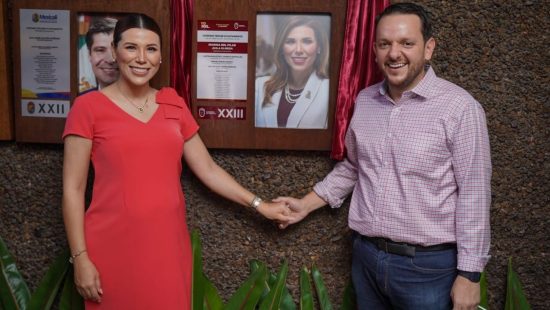Donald Trump offered to let hundreds of South Korean workers detained during an immigration raid stay in the U.S.—a deal that was overwhelmingly rejected by those affected.
The raid, carried out last week at the $4.3 billion Hyundai Motor battery plant under construction in Georgia, resulted in the arrest of around 300 South Koreans and more than 150 other foreign nationals.
Trump—who touts his hardline approach to immigration—privately offered the workers a chance to remain in the country to help train American staff, South Korean officials said Thursday, Reuters reports. The move delayed the departure of a chartered flight to take the workers home, the officials said.
Only one person chose to remain in the U.S., they added.
News of Trump’s offer comes after he has been dubbed “TACO”—a nickname meaning “Trump Always Chickens Out”—for his policy flip-flopping throughout his second administration.
TV footage aired in South Korea showed the dissenting group boarding buses at 2 a.m. Thursday to head for Atlanta’s airport. They were taken from a detention facility surrounded by barbed wire, though—unlike typical deportations—they were not shackled, following demands from Seoul.
Trump’s offer came after backlash in South Korea over the raid, which involved armored vehicles and heavily armed federal agents.
President Lee Jae-myung said Thursday the arrests had thrown Korean businesses in the U.S. into “serious confusion” and warned it could chill future investment. He had met with Trump at the White House just 10 days before the immigration sweep at the Georgia site.
“Our businesses that are investing in the United States will no doubt be very hesitant,” Lee said at a press conference marking his first 100 days in office.
South Korean Foreign Minister Cho-hyun confirmed that Washington and Seoul have agreed to discuss creating a new visa category to help companies legally send specialists to the U.S. plants, amid long-standing complaints that existing work visa channels are too slow and restrictive.








